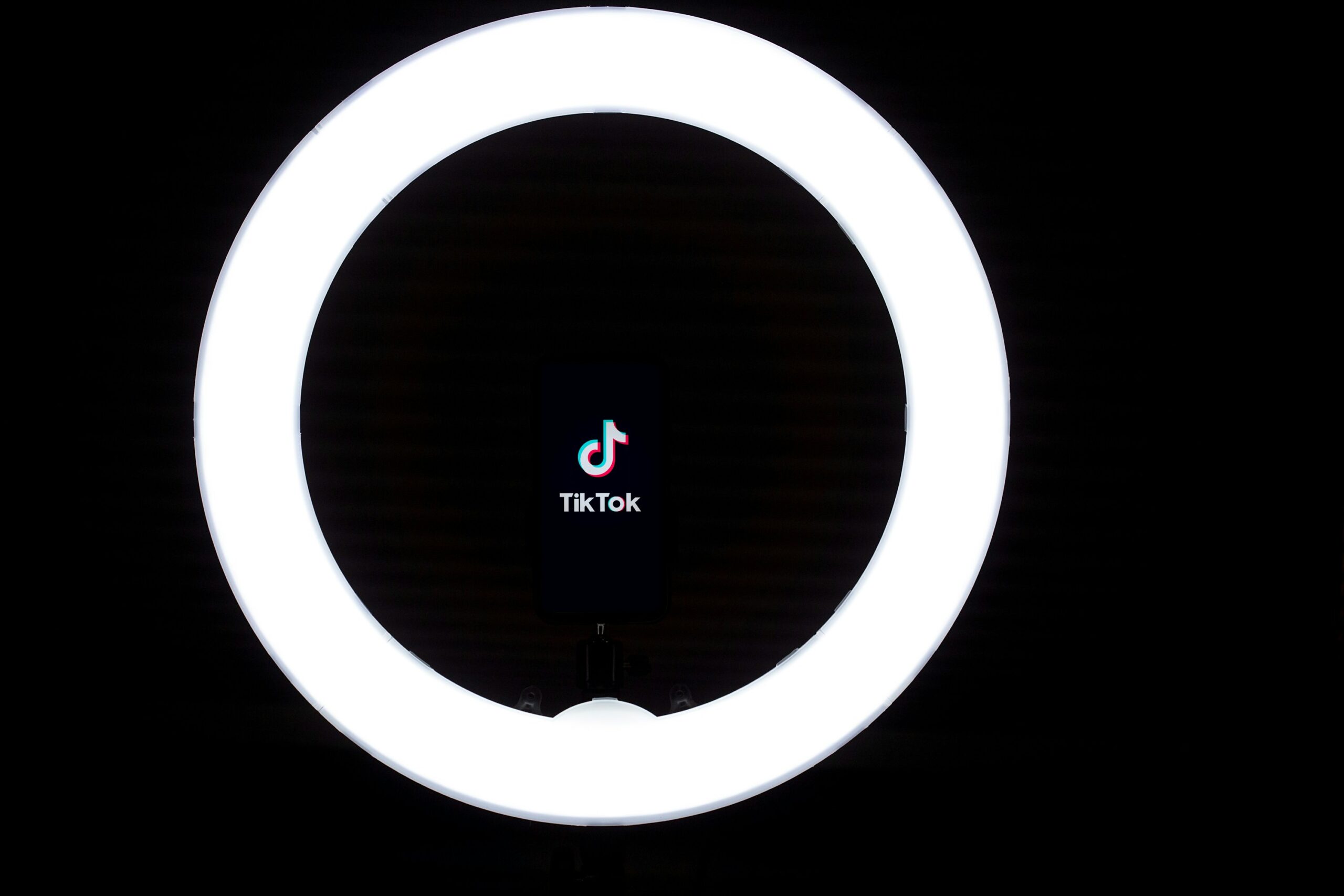Huawei released its Mate 30 Pro series and the smartphone’s 3D depth sensor camera got a lot of attention. Initial reviews of the Mate 30 Pro claim Huawei’s new smartphone series trumps the Apple’s iPhone 11 series, even though the Mate 30 Pro doesn’t come with any Google services or apps.
The iPhone 11 has a flat 5.8-inch OLED, but the Mate 30 Pro has a dual-curved 6.5-inch screen. Plus, the iPhone comes with an 18W charger and the Huawei phone has a 40W fast-charging system. The Mate 30 Pro comes equipped with Huawei’s Kirin 990 chip for power and the iPhone has Apple’s A13 Bionic chip. Both are fast, but the Apple iPhone seems to be a little faster.
The iPhone 11 has Apple’s latest operating system, the iOS 13, and the Mate 30 Pro comes with the Android 10-based operating system with a touch of Huawei’s Harmony OS in its DNA.
The Huawei Kirin 990 chip may have a tough time competing with the iPhone 11 Pro A13 Bionic chip, according to several reviewers. The A13 Bionic chip is 20 percent faster than the A12. That puts the A13 in a league of its own in terms of speed.
Huawei’s Mate 30 Pro has 8GB of RAM and that’s twice as much RAM as the iPhone 11 Pro. But the iPhone 11 Pro’s superior operating system negates the additional amount of RAM. Both phones are fast, but the iPhone 11 wins in that department, according to some reviews.
But the Mate 30 Pro’s 40-megapixel f/1.6 wide, an 8-megapixel f/2.4 telephoto lens, and a 40-megapixel ultra-wide lens along with a 3D depth sensor gives the iPhone 11 Pro’s 12-megapixel f/1.8 wide and f/2.4 ultra-wide as well as an f/2.0 telephoto lens a run for the money. The Mate 30 Pro’s 4500 mAh battery makes the iPhone 11 Pro’s 3190 mAh battery sound a little stamina deficient, according to some reviews.
Facebook’s Mark Zuckerberg was back in Washington and he took more heat from lawmakers about the company’s role in protecting democracy as well as implementing a data-privacy system. Other hot topics like playing political favorites and putting regulations on digital platforms were also on Mark’s agenda.
Republican Senator Josh Hawley asked Zuckerberg to sell Instagram and WhatsApp and submit to independent third-party audits that cover censorship. But Mark told the Senator to forget that idea. Zuckerberg won’t sell those social platforms without a fight, according to Cnet.com.


